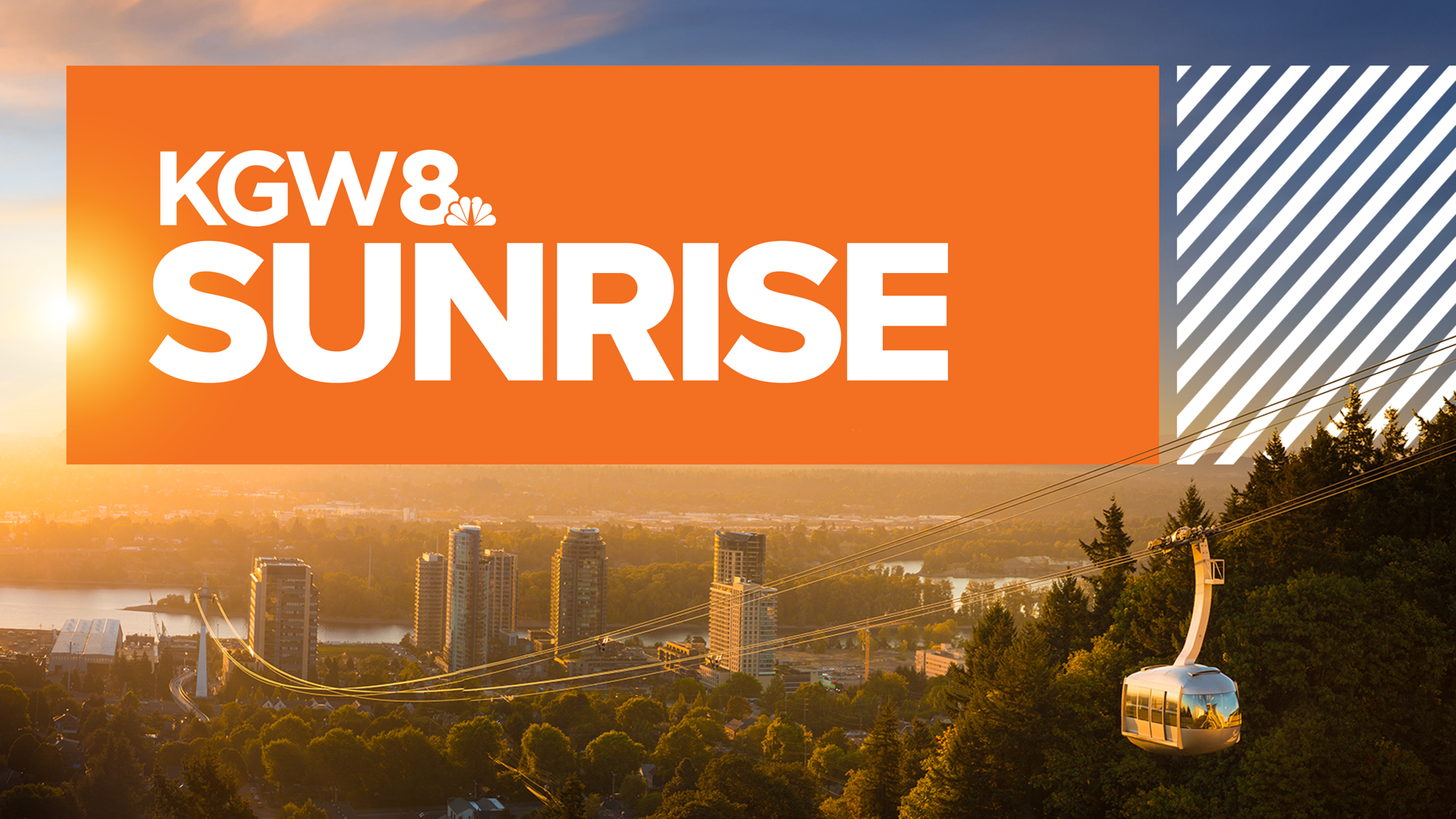PORTLAND, Ore. — In the last week, the Pacific Northwest saw a historic heat wave linked to the deaths of more than 70 people in Oregon. The dry conditions brought on by the record temperatures and the lack of rainfall have also caused concern about the threat of wildfires.
It's led to campfire and firework bans in some places around the area heading into the Fourth of July weekend.
Oregon and Washington also reopened their economies this week, lifting most COVID-19 restrictions after more than 15 months. This will be the first weekend in Oregon without a statewide mask mandate and without capacity limits at businesses.
Here are some things to know ahead of plans this holiday weekend.
Wildfire threat and fireworks
A historic heat wave brought record-shattering temperatures to the Pacific Northwest. Portland saw three consecutive days of new all-time heat records, peaking at 116 degrees on Monday. 79 people around the state died, most in Multnomah County.
On Wednesday, Oregon Governor Kate Brown declared a state of emergency to have firefighting resources ready due to the "imminent threat of wildfires" across the state.
Several counties and cities around the Portland-metro area have enacted bans on fireworks that go through the Fourth of July weekend. Portland and Clark County have banned the sale and use of fireworks, while other places like the city of Milwaukie has gone as far as saying those who use fireworks may be face a fine of up to $1,000 for each violation.
On the Oregon coast, Tillamook County officials are urging visitors to leave their fireworks at home.
Find the list of fireworks bans announced so far here.
Campfires
The dry conditions have also prompted the U.S. Forest Service to prohibit campfires on national forest lands in the region. The restriction starts July 1 for the Columbia River Gorge National Scenic Area and July 2 for Mt. Hood National Forest and Gifford Pinchot National Forest
All campfires, charcoal or briquette fires, pellet fires, or any other open fires are prohibited under a Forest Order, including in developed campgrounds. Portable cooking stoves, lanterns and heating devices using propane are still allowed.
Oregon State Parks has prohibited campfires at some of its parks in the gorge including Ainsworth State Park, Memaloose State Park, Viento State Park and Deschutes River State Recreation site.
Campfires are allowed at the North and Central coast parks, but there are some bans on the South Coast parks and beaches.
Oregon State Parks has a full list of restrictions at each location here.
Washington's Commissioner of Public Lands Hillary Franz has also issued a statewide burn ban on all forest lands the Department of Natural Resources manages, including the Olympic Peninsula and Klickitat Canyon. It prohibits campfires and outdoor burning through Sept. 30.
Washington State Parks has banned wood and charcoal fires at its parks statewide and on ocean beaches in the Seashore Conservation Area. The burn ban is in effect until further notice.
Temperatures around the area
An Excessive Heat Warning is still in effect for central and eastern Oregon and may stay in effect through this weekend. High temperatures east of the Cascades will climb back above 100 on Friday.
Portland and the western valleys will see sunshine and temperatures topping out near 90 degrees this weekend.
The coast will be cooler as usual, with morning clouds, afternoon sun and highs in the 60s.
If the Cascades are your weekend destination the sky will be clear and temperatures will peak in the 70s, depending on your elevation.
Mask mandate and COVID-19 restrictions
The governors of both Oregon and Washington lifted most COVID-19 restrictions on June 30, ending face mask and physical distancing requirements in most places.
Gov. Brown lifted capacity limits at businesses, restaurants and large events like sporting events and concerts.
In Oregon, the mask mandate ended statewide for both vaccinated and unvaccinated people, although individual businesses can still choose to require a mask.
In Washington, masks are still required for unvaccinated people in indoor public settings, in outdoor crowded settings and in indoor sports practices and competitions.
Masks are still required on public transit and airports around the country.



